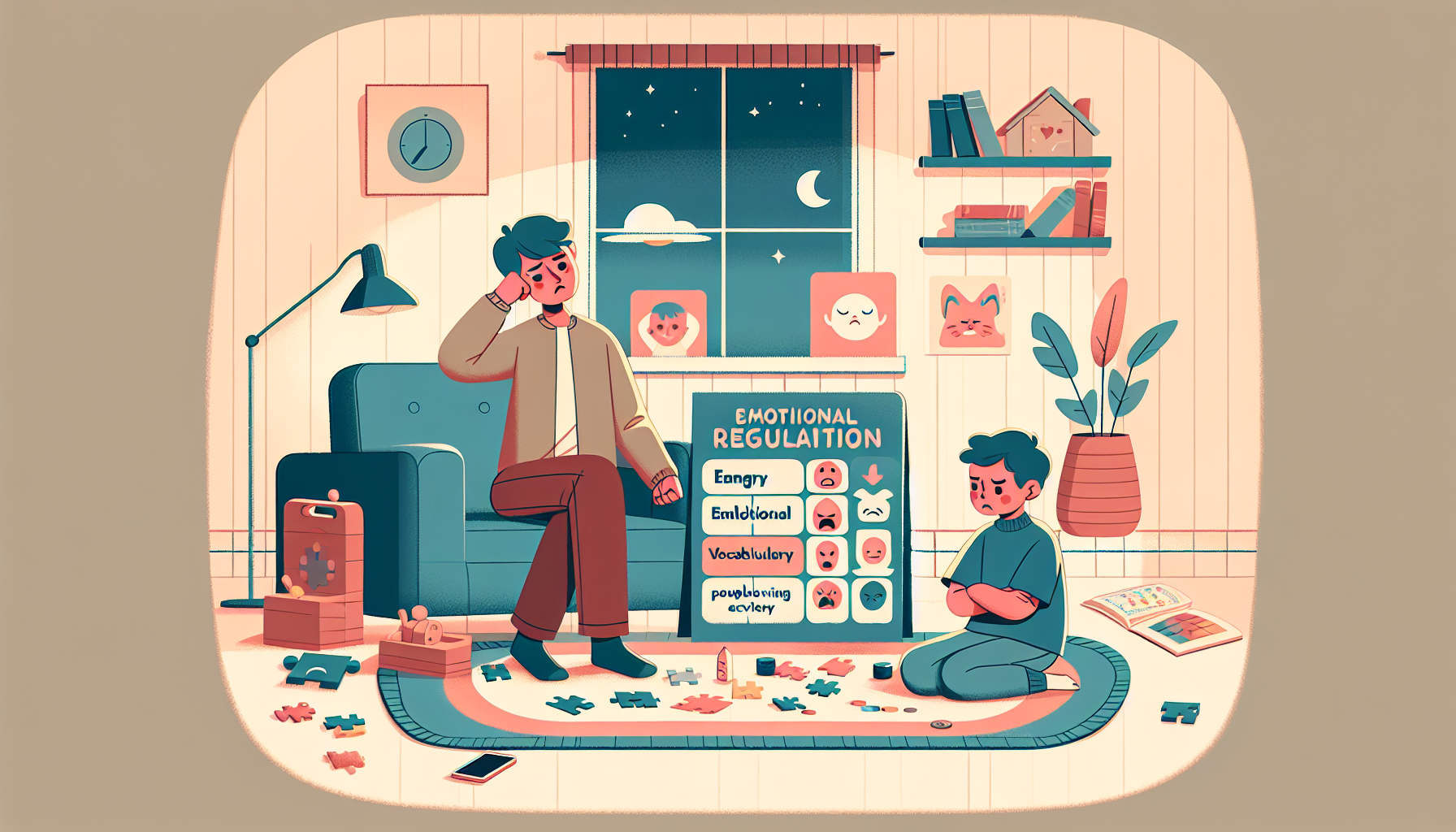How to Help Your Child Manage Anger
Introduction
Anger is a normal and healthy emotion, but for children, learning how to manage it can be challenging. As parents, understanding how to help your child manage anger not only supports their emotional development but also enhances family harmony. By fostering emotional regulation skills early on, you can provide your child with tools they will use throughout their life.
Main Points
Managing anger in children revolves around understanding their emotional needs and helping them navigate feelings constructively. According to cognitive-behavioral therapy (CBT), emotions are closely tied to thoughts and behaviors. This means that by addressing a child’s thoughts about a situation, we can influence their emotional responses.
Children often express anger when they feel unsafe, unheard, or when their autonomy is restricted. Research shows that providing a sense of safety and opportunities for self-expression can reduce anger outbursts. For example, a child might feel angry when they perceive an injustice, such as a sibling receiving more attention. By acknowledging their feelings and discussing the situation, parents can guide their children towards a more balanced perspective.
Practical Recommendations
- Model Calm Behavior: Children often mimic adult behaviors. By staying calm during stressful situations, you set an example for managing anger.
- Establish a Safe Environment: Ensure your child knows they can express their feelings without judgment. This creates a sense of safety, crucial for emotional regulation.
- Teach Emotional Vocabulary: Help your child label their feelings. This can empower them to articulate emotions rather than acting out.
- Encourage Problem-Solving: Guide your child in finding solutions to their frustrations. This builds autonomy and reduces feelings of helplessness.
- Practice Deep Breathing: Introduce simple breathing exercises to help your child calm down when they feel anger rising.
Conclusion
Understanding and helping your child manage anger is a significant aspect of parenting. By applying these parenting tips, you can foster emotional regulation, ensuring that your child feels safe, understood, and empowered. Remember, the skills you cultivate in them today will benefit them throughout their life, enhancing their ability to deal with complex emotions constructively.

